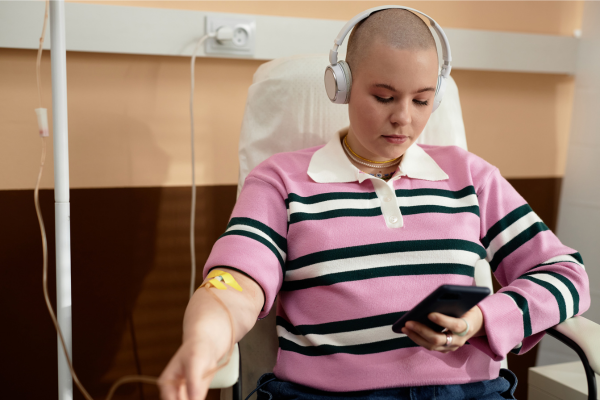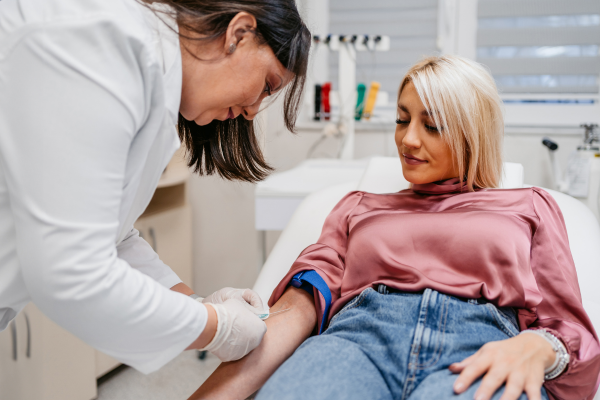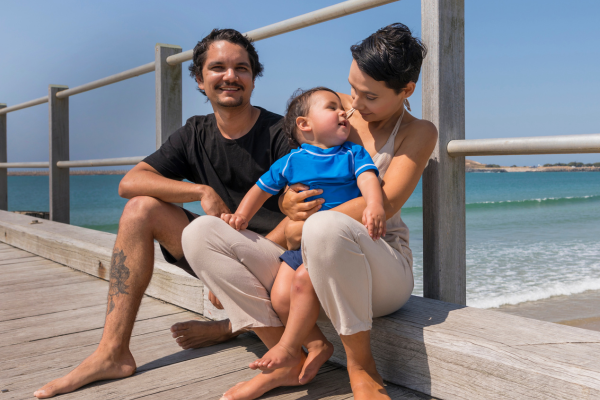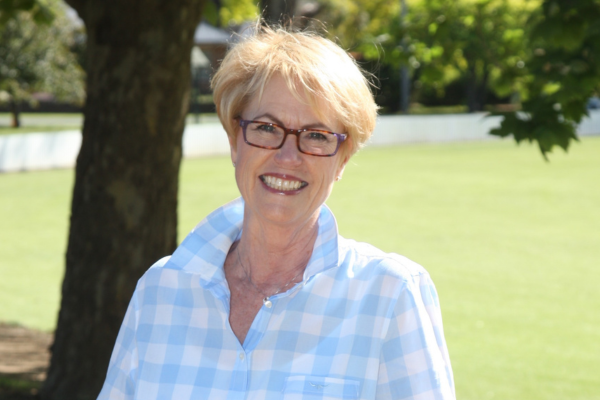Information and Support
Support that is as unique and individual as you.

About my cancer type
Find my cancer type arrow_forwardInformation on hundreds of rare or less common cancers, including definitions, symptoms and treatment, as well as cancer syndrome types.
Rare Cancer Support Guide
Manage and navigate every stage of a rare cancer experience with the trusted information, tools and advice in the Rare Cancer Support Guide.

Diagnosis Booklet
Guiding you through every step of a rare cancer diagnosis.
Read more arrow_forward
Treatment Booklet
Walking you through every stage of the treatment planning process.
Read more arrow_forward
Relationships and Support Booklet
Supporting you through the many changes that cancer can bring.
Read more arrow_forward
Resources
Find my... arrow_forwardA library of tools, stories and information to learn more about rare cancer.


Digital Resources
Our digital resources give a voice to those impacted by rare cancer, and to those advocating for a better world for rare.
Read more arrow_forward
ARC Portal
Access expert opinion and advice on management guidelines, testing options and clinical trials.
Read more arrow_forward
External Resources
Resources you can trust to help navigate a rare cancer experience.
Read more arrow_forward
Inside Rare Newsletter
Inside Rare is a monthly newsletter that shares the latest news, events and stories connecting the rare community.
Read more arrow_forward